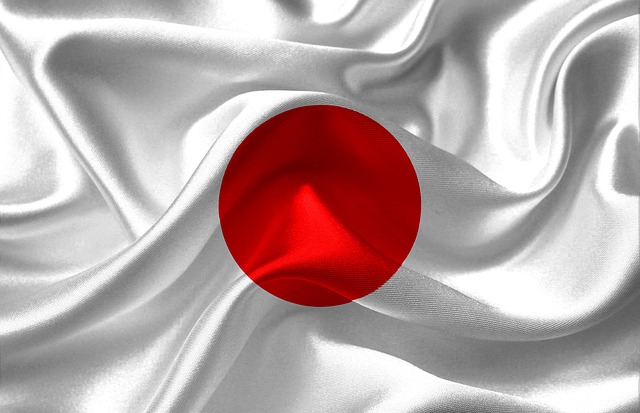November 9, 2023
In October, business confidence among major Japanese manufacturers remained subdued, with a flat mood, as challenges from the global economy overshadowed a domestic demand rebound. The strong possibility of higher U.S. interest rates has put pressure on the Japanese yen, negatively impacting the country’s terms of trade. Additionally, concerns about a potential spike in oil prices are casting a shadow on overall sentiment.
While Japan’s trade-dependent economy has been gradually recovering from the pandemic, thanks in part to the return of tourists from China and other regions, downside risks from the global economic landscape have weighed on confidence. This has created a challenging environment for the nation.
The Reuters Tankan poll, tracking the Bank of Japan’s (BOJ) closely monitored tankan quarterly survey, reported that the mood among manufacturers remained flat at +4 index points in October. However, expectations suggest a slight improvement in the next three months. Meanwhile, the service sector saw a modest increase, rising to +24 from +23 the previous month, underscoring the precarious nature of corporate morale, as it was anticipated to decline to +20.
A manager from an industrial ceramic maker explained, “Our business conditions are not so good because there’s a divide among those who benefit from the recovery in car production and those who suffer from China’s overall economic slowdown.” The manager also expressed concerns about high uncertainty regarding the economic outlook.
In a poll of 502 large and mid-sized companies, with 249 firms responding, many reported the rising cost of doing business due to surging raw material prices, exacerbated by the yen’s depreciation. These respondents chose to remain anonymous.
Although the BOJ’s tankan survey, released on October 2, indicated an improvement in Japan’s business sentiment in the third quarter, signaling the potential for a lasting economic recovery, the continued global economic slowdown has left policymakers cautious about the future outlook.
The Reuters Tankan indexes are calculated by subtracting the percentage of pessimistic respondents from optimistic ones, where a positive reading indicates that optimists outnumber pessimists.
Source: Reuters
Legal Notice: The information in this article is intended for information purposes only. It is not intended for professional information purposes specific to a person or an institution. Every institution has different requirements because of its own circumstances even though they bear a resemblance to each other. Consequently, it is your interest to consult on an expert before taking a decision based on information stated in this article and putting into practice. Neither Karen Audit nor related person or institutions are not responsible for any damages or losses that might occur in consequence of the use of the information in this article by private or formal, real or legal person and institutions.






